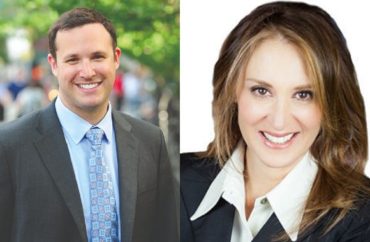
Speech restrictions and diversity, equity and inclusion trainings have created a climate of isolation on college campuses, two professors wrote in the Boston Globe on Monday.
“Students can become balkanized around identities and perceptions of power — an ‘us’ vs. ‘them’ mentality that turns potential friends into ‘allies’ or enemies and contributes to both political self-censorship and an avoidance of personal self-disclosure,” Sarah Lawrence College political science professor Samuel Abrams wrote with psychologist and John Hopkins University researcher Pamela Paresky.
The authors cited diversity trainings that tell students to worry about microaggressions, white privilege and cultural appropriation as some of the drivers of the fear and isolation on campus.
Abrams and Paresky (pictured) wrote that students should be cognization of harassment and racist language, but that the campus culture today is far too restrictive.
They wrote:
Slights and indignities do occur on campus, as do even blatantly racist speech and behavior — and those should be addressed. No student should ever be threatened or harassed. But orienting students toward vigilance to every potential, even minor, offense has not been demonstrated to decrease prejudice and has even been found to reinforce biases. A recent study found that rather than diminishing harm, labeling speech as harmful may worsen the perception of being harmed.
IMAGE: American Enterprise Institute/University of Chicago
Like The College Fix on Facebook / Follow us on Twitter
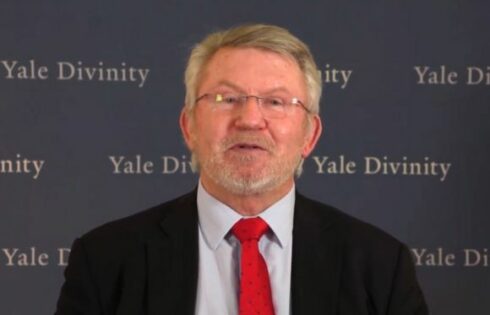
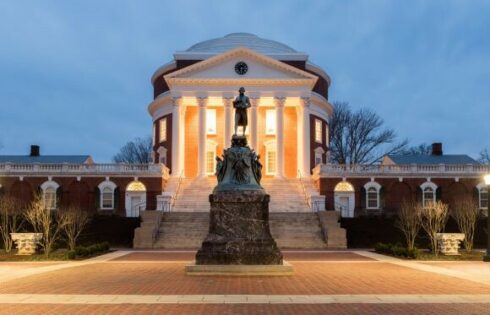
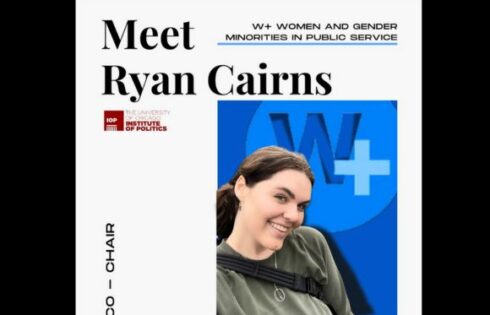
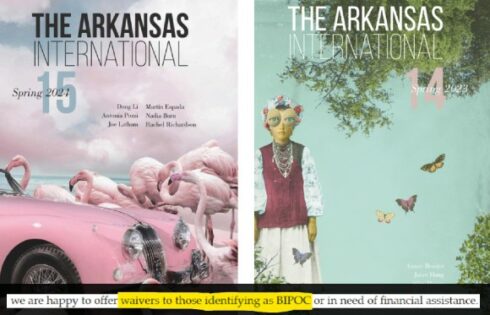
Add to the Discussion